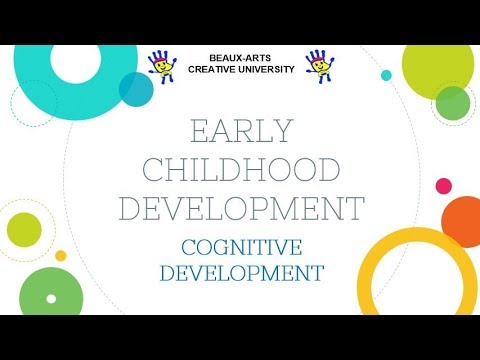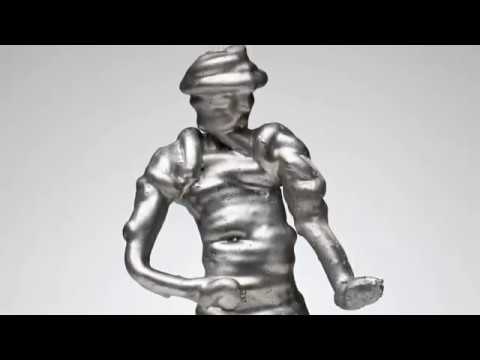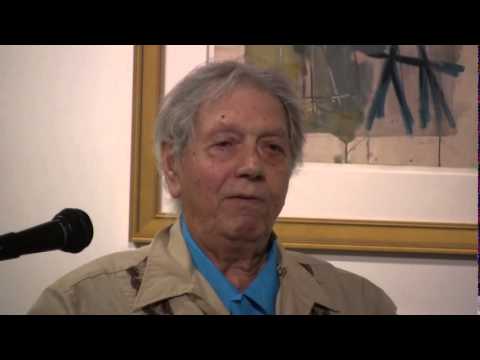Beaux-Art Kidz Kraftz
Welcome to Beaux-Arts Creative University’s free ECD course. In this lesson we’ll walk you through the cognitive development of a child from the age of two to six. As children progress through the childhood period, their thinking becomes more sophisticated and organised. What is especially noteworthy is that as they get older, their thinking becomes more elaborated and less vague. During preschool years, children are constantly expanding their knowledge about the physical and social world.
Our website: www.bacreate.com
Facebook: https://www.facebook.com/bacreate
Instagram: https://www.instagram.com/bacreate/
References:
Three Mountains Task: https://www.simplypsychology.org/preoperational.html
Fischer, K.W. (1980). A theory of cognitive development: The control and construction of hierarchies of skills. Psychological review, 87(6), 477 – 531
Fischer, K.W., and Rose, S.P. (1994). Dynamic development of coordination of components in brain and behaviour: A framework for theory and research. In G. Dawson & K.W. Fischer (Eds.), Human behaviour and the developing brain. New York, NY: Guilford Press
Case, R. (1985). Intellectual development: Birth to adulthood. Orlando, FL: Academic Press.
Case, R. (1996). Changing views of knowledge and their impact on educational research and practice. In D.R. Olsen & N. Torrance (Eds.), The handbook of education and human development: New models of learning, teaching and schooling. Malden, MA: Blackwell.
Case, R. (1999). Conceptual development in the child and the field: A personal view of the Piagetian legacy. In E.K. Scholnick, K. Nelson, S.A. Gelman, & P.H. Miller (Eds.), Conceptual development: Piaget’s legacy. Mahwah, NJ: Lawrence Erlbaum Associates
Wellman, H.M. (1998). The child’s theory of mind. Cambridge, MA: MIT Press.
Wellman, H.M. (2002). Understanding the psychological world: Developing theory of mind. In U. Goswami (Ed.), Blackwell handbook of childhood cognitive development. Malden, MA: Blackwell.
Wellman, H.M. (2011). Developing a theory of mind. In U. Goswami (Ed.), The Wiley-Blackwell handbook of childhood cognitive development (2nd ed.). West Sussex, United Kingdom: Wiley-Blackwell.
Kail, R.V. (2012). Children and their development (6th ed.). Upper Saddle River, NJ: Pearson
Van Staden, A. (2010). Comparing the native signing, late-signing and orally trained deaf children’s “theory of mind” abilities. South African Journal of Psychology, 40(1), 97 – 106.
Hughes, C. and Ensor, R. (2007). Executive function and theory of mind: Predictive relations from ages 2 to 4. Developmental Psychology, 43(6), 1447 – 1459.
Winsler, A., Manfra, L., and Diaz, R.M. (2007). “Should I let them talk?”: Private speech and task performance among preschool children with and without behavioural problems. Early Childhood Research Quarterly, 22(2), 215 – 231
Source



